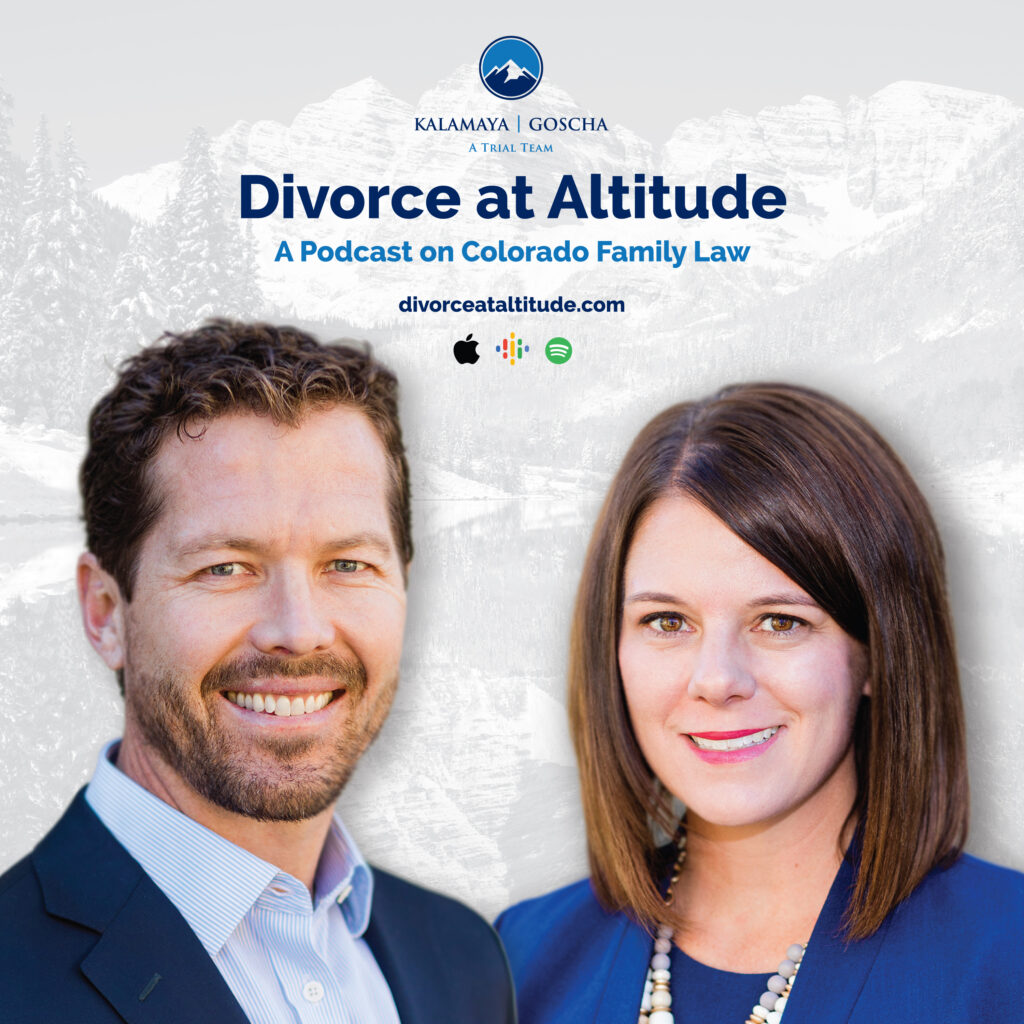For most people, a divorce is the first time they’ve taken part in a deposition. Today, we’re talking about the what, who, and why of depositions. Join us to learn how going through a deposition can support the discovery process, often settling a case before it has to go to trial.
We discuss different purposes for depositions, why the transcript is the most important part, and how they can prepare you for a successful trial experience. The conversation also touches on analyzing the cost benefit, taking depositions for third parties, and navigating fear around the litigation process. Join us to hear why expert discovery is so expensive, what not to do when you enter into the process, along with more effective tips and more.
Key Points From This Episode:
- What depositions are and what they are used for.
- How depositions support the discovery process through a truth-seeking mechanism.
- The transcript which is the most important part of the deposition.
- How a remote structure is becoming the norm for depositions.
- The different kinds of depositions which depend on the attorney’s purpose.
- A different purpose for depositions to file a motion.
- How depositions can act as preparatory motions for the trial.
- Why impeachment can follow a deposition.
- Making a cost-benefit analysis for depositions.
- A reminder that you can take depositions for third parties such as notaries or former attorneys.
- Why depositions regularly occur towards the end of a case.
- Navigating fear around litigation and deposition processes.
- Expert discovery, expert disclosures, and new rules of civil procedure.
- Ryan’s tips for people going into depositions: don’t be like Bill Gates!
- Why you cannot win your case during deposition, but you can lose it by offering too much information.
- Why it is important to listen to the question and answer only that.
- How communication in a deposition differs from general communication.
- Why the key to a successful deposition is to practice.
- The strategy attorneys often use to catch a person off guard.
- Common questions that are asked during the deposition process.
- The scope of what can be asked in a deposition and how that differs from what can be asked in trial.
- The lack of information about divorce depositions available in Colorado.
What is Divorce at Altitude?
What is Divorce at Altitude?
Ryan Kalamaya and Amy Goscha provide tips and recommendations on issues related to divorce, separation, and co-parenting in Colorado. Ryan and Amy are the founding partners of an innovative and ambitious law firm, Kalamaya | Goscha, that pushes the boundaries to discover new frontiers in family law, personal injuries, and criminal defense in Colorado.
To subscribe to Divorce at Altitude, click here and select your favorite podcast player. To subscribe to Kalamaya | Goscha’s YouTube channel where many of the episodes will be posted as videos, click here. If you have additional questions or would like to speak to one of our attorneys, give us a call at 970-429-5784 or email us at info@kalamaya.law.
************************************************************************
DISCLAIMER: THE COMMENTARY AND OPINIONS ON THIS PODCAST IS FOR ENTERTAINMENT AND INFORMATIONAL PURPOSES AND NOT FOR THE PURPOSE OF PROVIDING LEGAL ADVICE. CONTACT AN ATTORNEY IN YOUR STATE OR AREA TO OBTAIN LEGAL ADVICE ON ANY OF THESE ISSUES.

